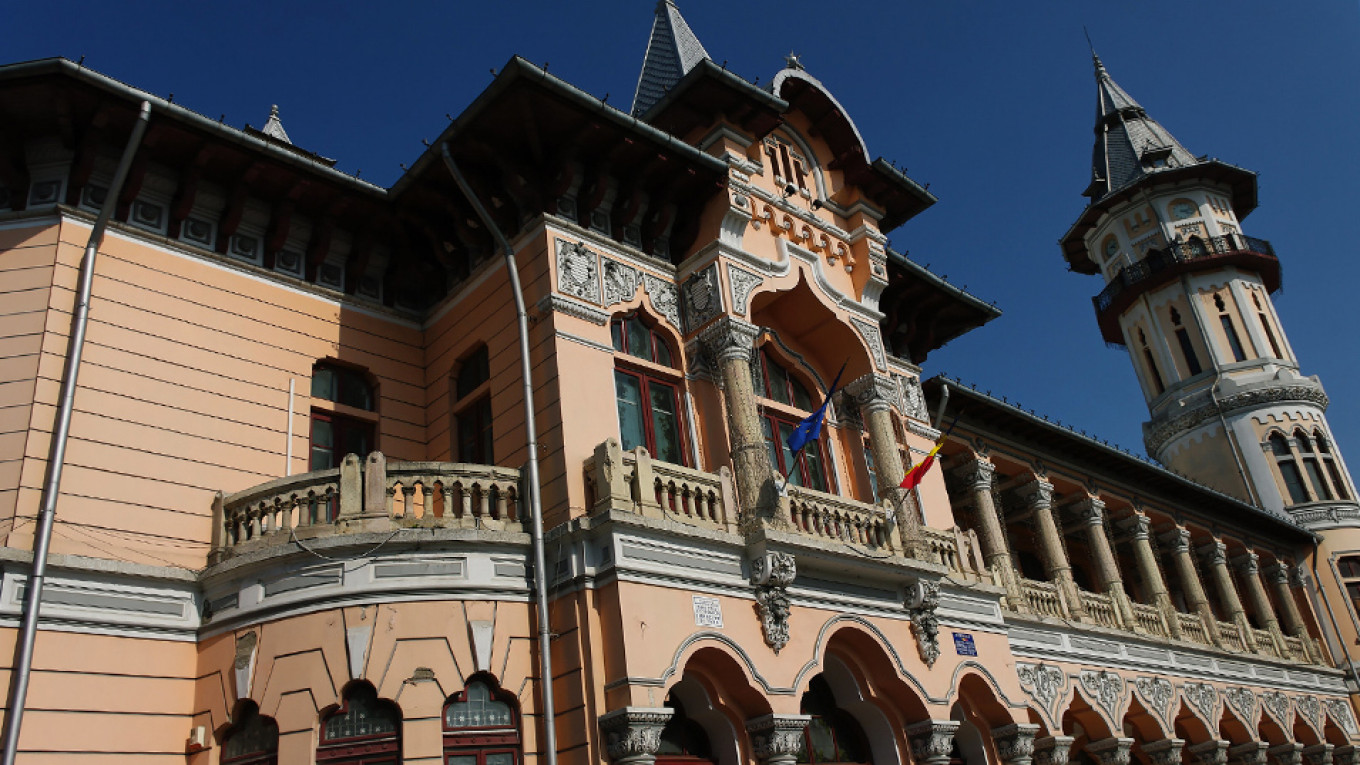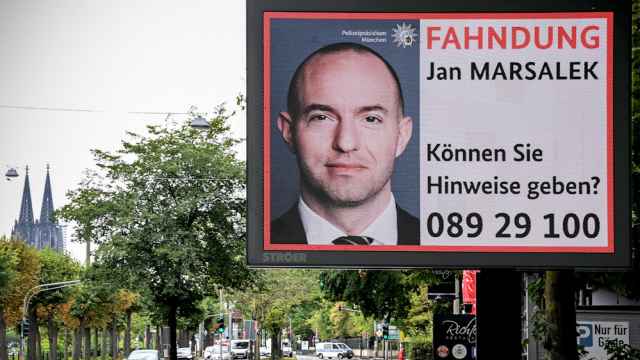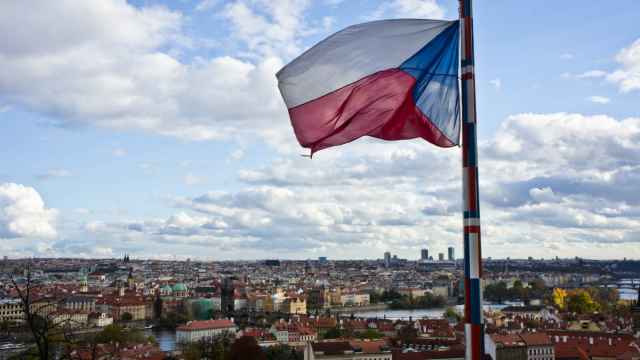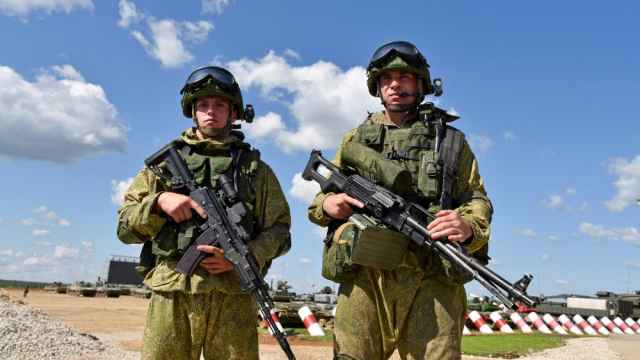Have the people of Eastern Europe really benefited from the fall of the Berlin Wall? This may seem a nonsensical question — of course they have! But according to a survey conducted in seven post-Communist countries by George Soros’s Open Society Foundations, many people there don’t feel they’re living in functioning democracies, or even living much better than they did before 1989.
This, however, is mostly about gauging whether the glass is half-empty or half-full. In Eastern Europe, there are plenty of data to back up either view.
The data in the survey, conducted by YouGov, are troubling: Three decades after the fall of Communism, majorities in six of the seven countries (the Czech Republic is the exception) feel that democracy is in danger. In Bulgaria, Hungary and Romania, majorities say they don’t believe national elections are free and fair. There’s also widespread worry about the rule of law, and almost everywhere (except Germany and the Czech Republic), most people say they’d suffer negative consequences if they criticized the national governments in public.
At the same time, only the Czech Republic and Poland have majorities that say the transition to the market economy has been good for their countries. In Bulgaria and Romania, more people say it’s been bad than good.
The data should be taken with a grain of salt, though. Last month, Pew Research published the results of its own survey that asked similar questions in the same countries (plus Russia, Ukraine and Lithuania) — but a little differently. That study found significant majorities approving of the transition to a market economy and a multiparty system; 61% of Eastern European respondents told Pew that the post-Communist era has a good influence on living standards, and 58% said it positively affected national pride.
As is often the case with surveys, a lot depends on how the questions are formulated. For starters, it’s useful to provide people with benchmarks to make it easier to analyze the enormous change that has befallen them. The situation in 1991, soon after the fall of the Berlin Wall, is one such benchmark. Western Europe, which has had no experience with Communism, is another. According to the Pew study, life satisfaction in most Eastern European countries has risen much more since 1991 than it has in Western Europe.
It’s also worth taking a look at the country-level data from the European Commission’s regular Eurobarometer survey, taken in all 28 European Union member states. While people throughout Europe are concerned about the state of democracy and worried that politicians don’t hear them, the latest edition of the Eurobarometer shows that in every post-Communist EU country except Croatia and Bulgaria, people trust the national parliament more than in the U.K., considered the cradle of parliamentary democracy.
According to the Open Society Foundations report, the post-Communist countries are living through a crisis of trust in national institutions. But Eurobarometer data show that trust in governments has increased significantly over the last 10 years in post-Communist Europe, where it isn’t much lower than in the continent’s West.
The trust problem, however, still exists when it comes to justice systems — and the gap with Western Europe hasn’t closed at all on that front.
Justice could be the key to understanding what’s wrong with the Eastern European transitions. When prompted to compare their present circumstances to a totalitarian past, people tend to look favorably on the road their countries have traveled in the last 30 years, even if in Romania and Bulgaria, the poorest EU members, the favorability is more muted than in the Czech Republic, Germany, Hungary or Slovakia. But when there’s no benchmark to think of, people are easily reminded of the justice deficit in their societies; the political corruption and the courts that take the side of the rich and crooked.
Fairness is a key concern for people raised in Communist countries. Even if the Soviet-style regimes weren’t fair themselves, they taught their subjects to value equality more than achievement. The critical attitudes toward the national transitions that come through in the Open Society Foundations survey are not necessarily a sign that Eastern European democracies are backsliding. Rather, they point to a widespread sense that the transitions were never fair or just, handing the reins of power to corrupt oligarchies and political elites that care little about citizens.
It’s hard to predict how long it might take to fix this problem, especially since progress in creating strong judiciaries appears to have stalled throughout the region and the current governments are more interested in political control over the courts than in improving citizens’ trust in them. But the Open Society Foundations report is probably right about one thing: The job falls to the younger generation of Eastern Europeans, more tolerant and activist than the older ones. It is these young people who fuel the region’s surprisingly strong and well-regarded civil societies. Large majorities of Generation Y members in all seven nations consider nongovernmental organizations the major force for good in their countries. It’s through them that change can come to governments and courts.
This article was first published by Bloomberg.
A Message from The Moscow Times:
Dear readers,
We are facing unprecedented challenges. Russia's Prosecutor General's Office has designated The Moscow Times as an "undesirable" organization, criminalizing our work and putting our staff at risk of prosecution. This follows our earlier unjust labeling as a "foreign agent."
These actions are direct attempts to silence independent journalism in Russia. The authorities claim our work "discredits the decisions of the Russian leadership." We see things differently: we strive to provide accurate, unbiased reporting on Russia.
We, the journalists of The Moscow Times, refuse to be silenced. But to continue our work, we need your help.
Your support, no matter how small, makes a world of difference. If you can, please support us monthly starting from just $2. It's quick to set up, and every contribution makes a significant impact.
By supporting The Moscow Times, you're defending open, independent journalism in the face of repression. Thank you for standing with us.
Remind me later.








